
 The SFFaudio Podcast #261 – Jesse, Tamahome, Julie Davis, and Mr Jim Moon discuss The Hound Of The Baskervilles by Sir Arthur Conan Doyle
The SFFaudio Podcast #261 – Jesse, Tamahome, Julie Davis, and Mr Jim Moon discuss The Hound Of The Baskervilles by Sir Arthur Conan Doyle
Talked about on today’s show:
1901, Sir Arthur Conan Doyle’s knighthood, fairies, the Boer War, war, Sir Henry Baskerville is a Baronet, the importance of being present in the community, stone age poverty, Goodreads, The New Annotated Sherlock Holmes, the mysterious silhouetted man on the moor, Agatha Christie, a locked moor mystery, the English country house mystery, The Adventure Of The Devil’s Foot, whist, the Joker did it, Cornwall, Devon, Professor Moriarty, a mystery series vs. a character series, detective fiction, “he’s Mr. Spock, essentially”, Watson is a good detective, Laura Lyons, Watson’s suspicions, the Clive Merrison/Basil Rathbone version, the bumblers ruin it, the walking stick deductions, Sherlock Holmes is making jokes, the Derek Jacobi narration, “I can feel the foil”, Dr. Mortimer (mort), Barrymore (buries more bodies), Franklin the telescopist is very frank, Lafter House, Mrs. Laura Lyons is always lying, Merripit House, Professor Challenger books, The Lost World, The Poison Belt, The White Company, LibriVox, the Crusades, inventing the mystery genre, Watson’s humour, scientific pre-occupations, astronomy, entomology, phrenology, atavism, atavistic guilt, the theme of the book, the stone age people, Seldon the Notting Hill murderer, nature vs. nurture, super-awesome writing, the Gothic tropes, ancestral curses, The Rats In The Walls by H.P. Lovecraft, The Sussex Vampire, it’s a Scooby Doo plot, Horace Walpole, Ann Radcliffe, Jamaica Inn by Daphne du Maurier, Northanger Abbey by Jane Austen, why is this the best Sherlock Holmes story?, the most adapted movie, Tom Baker’s Hound Of The Baskervilles (1982), the Hammer movie (1959), Jeremy Brett, Peter Cushing, the new Sherlock adaptation (?), the title a hound from hell, The White Wolf (aka The Wolf) by Guy de Maupassant, “he throws it over his salad”, “gently”, the Wild Hunt, Deities & Demigods, Odin or Wotan, the origins of Santa Claus, Herne the Hunter, Wayland, the yeth hounds and the wish hounds, “hell-hound chowder”, The Woodcutter by Kate Danley, La Chasse-Galerie (aka “The Bewitched Canoe” aka “The Flying Canoe”) by Honoré Beaugrand, the document, a warning story, what season is the story set?, Charles Baskerville died in the Spring, those cheap Canadian imports were ruining England, the butterfly, cyclopides, the booming of the bittern, Leslie S. Klinger, The Baker Street Irregulars, learning the Klingon, the love story, Beryl (Garcia) Stapleton, a true love, the convict, a rich text, “ah my dear, you’re so beautiful in the moorlight”, American Hustle, Julie needs the romance to be true, did Stapleton actually die?, Baskerville nearly dies, the poor curly haired spaniel!, the two moor ponies, Stapleton’s ego, the London adventure, “there’s something very tropical about her”, the red herrings, they’re all weridos on the moor, the convict’s clothing, Holmes’ remorse, phosphorous would burn the dog to death, radium condoms, radium toothpaste, the Stapleton’s school, a consumptive tutor, “The Case Of The Vatican Cameos“, the Father Brown stories, The Aluminum Crutch, The Case Of The Cardboard Box?, Bee-keeping.
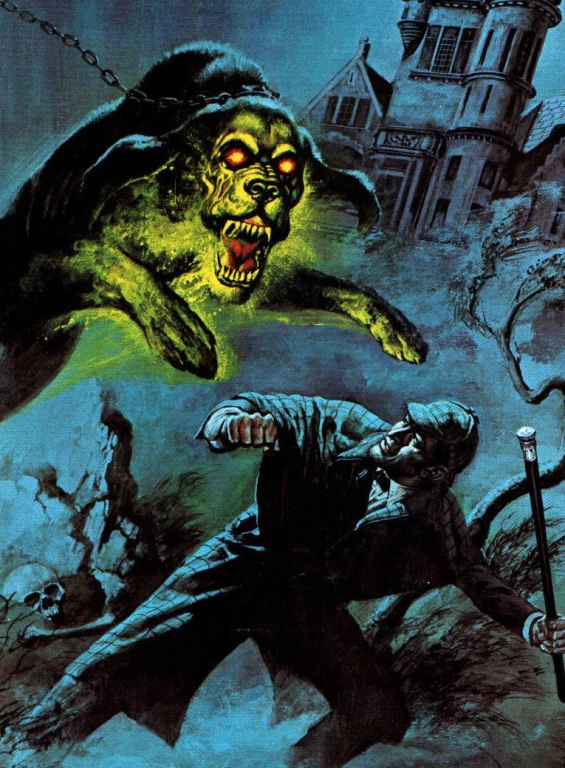
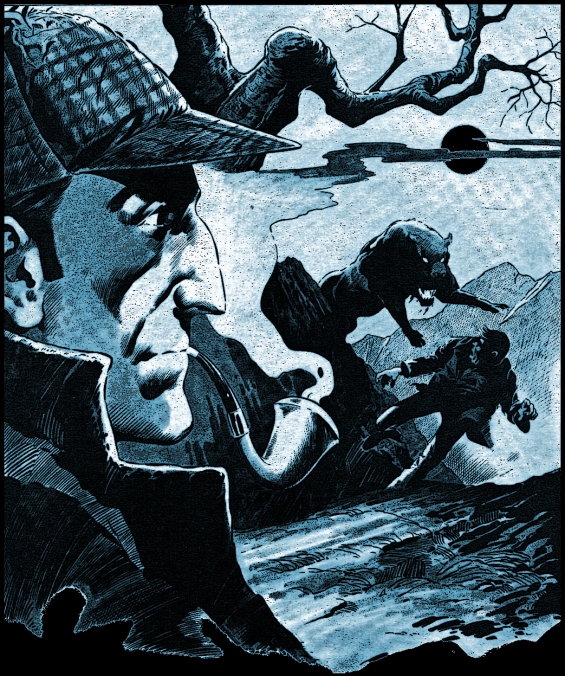
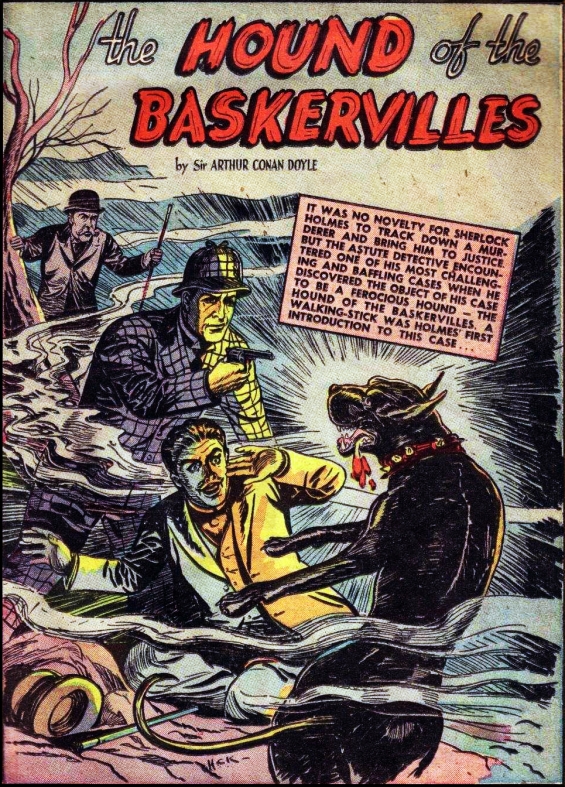
Posted by Jesse Willis

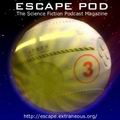 Escape Pod #429 Little Black Bag
Escape Pod #429 Little Black Bag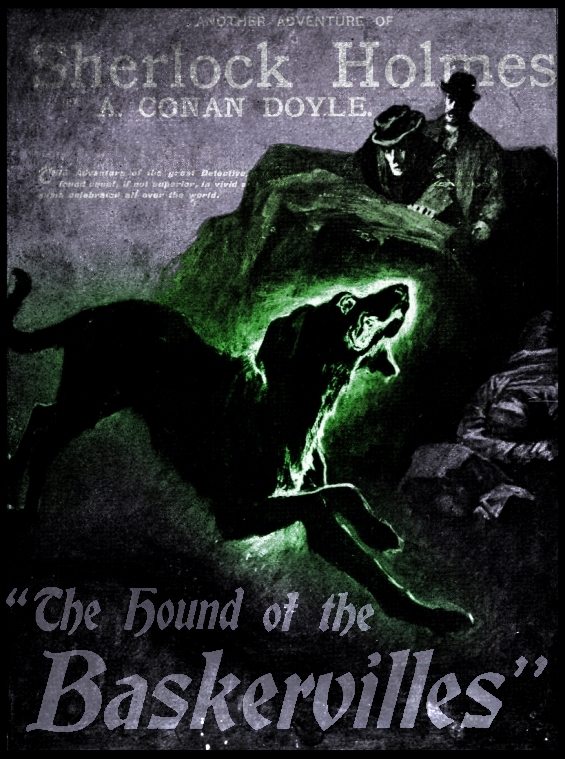
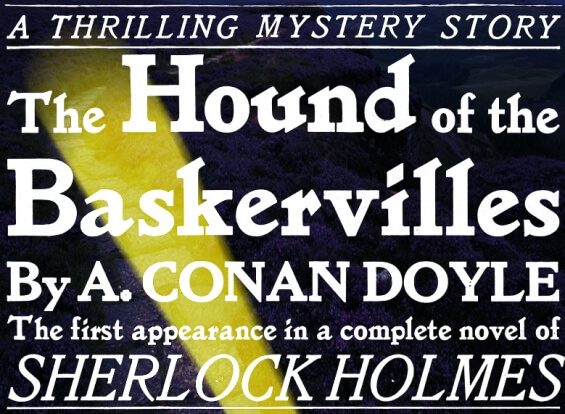

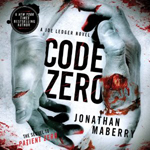 Code Zero (Joe Ledger #6)
Code Zero (Joe Ledger #6)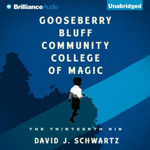 Gooseberry Bluff Community College of Magic: The Thirteenth Rib
Gooseberry Bluff Community College of Magic: The Thirteenth Rib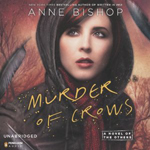 Murder of Crows (The Others #2)
Murder of Crows (The Others #2)